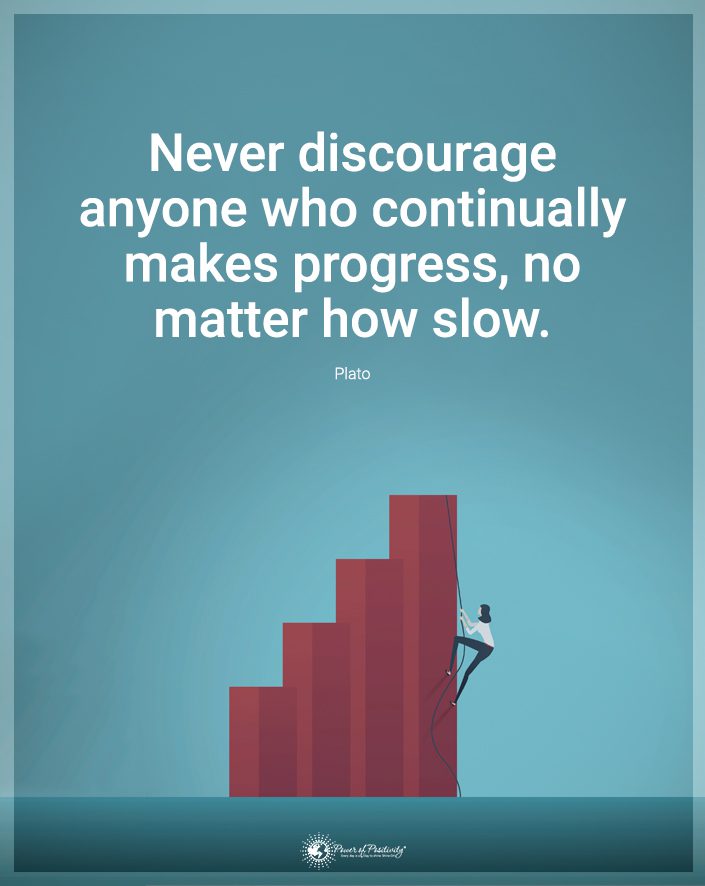Having strong self-esteem can help you make the most out of life. Unfortunately, self-esteem does not come naturally to everyone. But, for many of us, it is a skill we need to cultivate throughout our lives. Building this skill can increase our confidence, self-worth, and overall happiness. Read on to discover five simple steps to increasing your self-esteem today.
How to Increase Your Self-Esteem in 5 Steps
Do you see any of these signs of low confidence?
1. Identify If There Are Times When Your Confidence Feels Lower And Learn Strategies To Cope With These Events
Experts suggest that triggers often bring on low self-esteem. These triggers can include a disagreement with a loved one, having a high-pressure event at work, and going through a significant life-changing event such as moving cities. If you find yourself experiencing negative thoughts about your self-worth and value, try to see if there is a broader pattern throughout your life of when these thoughts become better or worse.
Doing this is not so you can avoid potential triggers. Usually, triggers are events that are unpredictable or unavoidable. However, being mindful of these triggers can aid you in preventing damage to your self-esteem by learning strategies to cope during these difficult times.
How to Cope
Let’s say you are interviewing for a new job and are not accepted for the position. Of course, this would be a hit to anyone’s ego, but for some people, it can damage their self-esteem permanently. However, you can take some proactive measures to ensure that you leave that interview with your confidence intact. This is why it is beneficial to identify potential triggers because it gives you the space to prepare for them mentally.
For example, going into your job interview, you could repeat a series of encouraging mantras such as these:
- “You are qualified for this job, and it is not a reflection of your abilities if another candidate is chosen.”
- “This is a great opportunity, but another amazing opportunity is just around the corner.”
- “You will walk out of this interview is the same amazing person you were when you walked in.”
Often, in situations where we feel inadequate, it is because an inner voice tells us that is the case. Consider events that might be stressors and how you can thrive with your self-esteem intact.
2. Develop A Self-Care Strategy Through Physical And Mental Wellness
Taking care of our body and mind is essential for every aspect of our lives. It seems simple, but devotion to wellness can improve self-esteem. Although we are taught from a young age that sleep, exercise, nutrition, and mental health are crucial parts of life, it can be easy to lose sight of that sentiment. This is especially the case when life becomes busy, and we forget to prioritize these parts of ourselves.
The positive impact of physical exercise and fitness on self-esteem is undeniable. This doesn’t mean you must become a marathon runner or a powerlifter. Implementing moments of movement throughout the day is beneficial, no matter how intense it is. For example, if you do not enjoy intense days at the gym, going for a brisk walk or signing up for yoga lessons can be a great no-pressure way to start moving daily.
You might think that exercise improves our self-esteem due to the physical changes that might accompany it. But, in reality, whether the appearance of your body changes or not, exercise is still beneficial for self-esteem as it creates a mind-body connection and gives us more energy.
Likewise, nutrition and sleeping habits can contribute to your self-esteem. The basic premise is that when you don’t feel healthy and good in your own body; your self-image may be negatively impacted. It is fun to have a treat or pull an all-nighter every once and a while, but when these become daily or nightly activities, they can alter our confidence and overall health. Eating more nutritious foods and trying to get a good night’s sleep are great steps to improving self-esteem.
3. Stop Comparing Yourself To Other People to Increase Self-Esteem
It is part of human nature to compare ourselves to others. However, constantly comparing yourself to those around you can lead to feelings of jealousy, inadequacy, and reduced self-worth. Nowadays, it is easier than ever to compare yourself to others due to the prevalence of social media platforms. Experts agree that social media increases social comparison and consequently harms self-esteem issues.
Social media is a place where everything is polished to make a better version of reality. As a result, it is very easy to feel like you are not beautiful enough, smart enough, or rich enough to be of value in the world. Even if you are not on social networking sites, these feelings exist whether you are comparing yourself to a neighbor, your colleagues, or your friends. However, if you seek internal validation rather than external validation, your self-esteem is likely to skyrocket.

Comparing Yourself to Others
Does it matter if you have the fanciest car, the whitest teeth, and a prestigious career? Will those things even make you happy? Comparing your life to those around you can make you feel like you’re supposed to be someone you might not even want to be in the first place. The urge to compare yourself to others steps from the ideals that society pushes onto us. Furthermore, if you seek inner happiness, there is no need to show off how much money you make or how good you look in a swimsuit.
The best way to stop comparing yourself to others is to realign your thoughts. Try to gain insight into what makes you admire your friends and family. Is it the objects they possess or their good looks? Or is it how they always make you laugh at the right moments or give you the best hugs? When we leave comparison in the best, it makes us increase confidence and be genuine with the people we cherish the most.
If you find that social media increases your need to compare yourself to others, it is always a good idea to try a social media detox. Take a break from the apps and reconnect to reality. Even if you slowly go back to scrolling and connecting with friends, a short break to work on your self-esteem will make you feel better in the long run.
4. Invest In Surrounding Yourself With Positive And Supportive People
Believe it or not, the people we choose to dedicate time to may influence our self-esteem. While most of the work on improving self-esteem comes from within, it is beneficial to examine the values and attitudes of your social circle. For example, if your friends prioritize outside appearances and signs of status and prestige, there might be more social pressure for you to conform to their expectations.
So how do you know if your friends are impacting your self-esteem? Reflect on your relationships with different people. There might be some people you feel good being around and others you leave feeling worse than before. If your friends make negative or critical comments on superficial parts of you, that could be a sign that they are contributing to your low self-esteem.
That is not to say you need to cut these people out of your life. It is more about delegating and prioritizing your time to those who lift you rather than those who put you down. Place more value on relationships that are supportive, kind, and loving. When you surround yourself with those who value and uplift you, chances are it will be easier for you to start working on your self-esteem.
5. Self-Esteem Will Focus On Improving The Areas That You Know You Are Good In
One great way to build self-esteem is to work on skills and areas in our lives that we are already confident about. Research shows that directing our thoughts to our strengths and the areas we excel can do wonders for boosting our self-esteem. It reminds us of what we bring to the world and encourages us to value ourselves. One easy way to begin emphasizing your strengths is to list them.
If it feels difficult to think of things to add to this list, try imagining if you are a friend or loved one seeing yourself from the outside. It is usually easy to name the things we love and appreciate about those around us. Giving ourselves the same compassion we give others allows us to view ourselves more positively. Keep this list somewhere; you can quickly look at it when you lack confidence.
If you can look at it once a day, even better! Repetition is essential when changing negative thoughts and feelings into positive ones. Reminding yourself of what you bring to the table is vital. Another way to build self-esteem is to pour more time and energy into your strengths. If you are proud of your ability to think outside the box, try picking a hobby that cultivates your creativity. Think painting, writing, or music.
If you are proud of your skills in the kitchen, try making a batch of cookies to share with your loved ones and neighbors. Or, if you are proud of your ability to persevere through hard times, try volunteering with those less fortunate than you who have gone through similar ordeals. Tapping into these strengths in a physical and new way can help you realize your value and talent.

Final Thoughts On How To Increase Your Self-Esteem and Gain Confidence
Self-esteem is something that most people struggle with. Whether you feel bad about how you look, how others see you, or how much money you have, there are many ways to push aside these insecurities and begin living your life to the fullest. If you are looking to start increasing your self-esteem, these five steps are a great place to start.


















